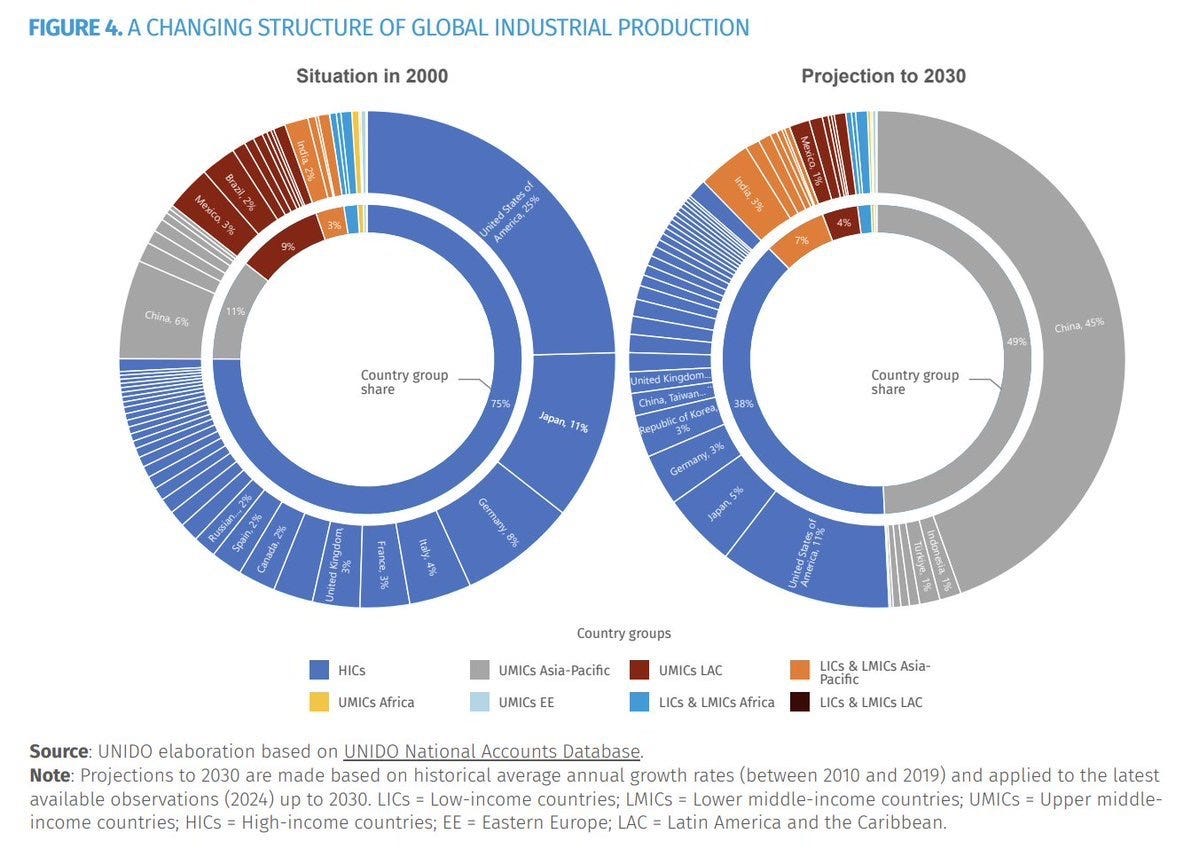Let Scotland Soar Where The Eagles Dare
Devolution is no substitute for genuine sovereignty: administering Scotland on behalf of the UK - in the playpen parliament of Holyrood - is demeaning when Westminster still controls our lives.
Nassim Taleb popularised the metaphor of a Black Swan to describe unforeseen events that have a major societal impact but seem obvious in hindsight. Such events include meteor strikes and financial crashes—no one sees them coming, yet afterward, every “expert” rushes to claim they did. Interestingly, pandemics are excluded from the Black Swan definition because they are predictable. This fact, however, eluded a UK public sector wholly unprepared for the arrival of COVID-19.
I’d like to introduced another symbolic bird, the Black Grouse, to represent obvious scenarios that are unimaginable inside our siloed institutions: the dogs in the street can see them descending long before they land on the head of a political leader.
Often these occur when a politician pursues one priority policy at the expense of all others. Consumed with missionary fervour, such leaders neglect other areas with less media attention on them: their situational awareness somewhat obscured with a head buried in the heather.
A classic example of a Black Grouse event was Nicola Sturgeon’s obsession with American led gender ideology. So convinced was she of the righteousness of self-identification that obvious pitfalls were unseen. Nicola was nutted by a wall of reality when double rapist Adam Graham rebranded himself as Isla Bryson to enter a women’s prison. An incredulous Scottish public, led by For Women Scotland, shredded her reputation and ended her political career.
The dogmatic pursuit of Net Zero is another Black Grouse event. If the UK energy grid collapsed on Christmas Day, the only person genuinely surprised would be Ed Miliband. You can picture him wearing a Santa Hat, furiously searching for a faulty fuse box, when he should be shining the torch firmly in his own face. As Labour’s Secretary of State for Energy and Climate Change, he is on a messianic mission to rid this country of nasty plant fertiliser (CO₂) by 2030, regardless of the consequences.
Steel jobs will vanish. Car manufacturers will fold. Petrochemical plants will shut down. Unemployment will rise. Our quality of life will decline. Energy bills will spiral. Hospitals will fill this winter.
Yet Ed-in-sand-Milliband still crawls towards the mirage, leading to where no sane country will follow: the great oasis of Net Zero. For what? Jobs leaving the likes of Ravensby Glass in Dundee (closing due to “high energy costs”) will simply relocate to China, where 1,161 coal-fired power stations ensure electricity that is both affordable and reliable.
The charts below illustrate where the UK’s industrial surrender is headed. By 2030, China is projected to account for 45% of global manufacturing. Companies priced out by the UK energy market will simply move production elsewhere. The UK’s Net Zero self-flagellation makes no environmental or economic sense but Scots are expected to swallow the result.
UK Defence is showing serious neglect
Defence policy is suffering serious neglect as one-dimensional politicians chase woke media interests. The Tories left the British Armed Forces facing near extinction, and Starmer lacks the resources (and probably the will) to revive them. Political commentator Andrew Neil observed: “As our armed forces have shrunk, they’ve become a top-heavy boondoggle for top brass: more admirals than warships, more generals than fighting units, more RAF officers than fighter jets—a military superstructure of fancy titles and impressive uniforms with nothing to command.”
The British Army has fewer than 75,000 soldiers—less than the bureaucrats working on procurement at the Ministry of Defence. By contrast, Russia has suffered ten times that number in casualties after invading Ukraine but is still adding 30,000 troops per month. Colonel Alistair Carns, the Veterans Minister, estimates that the British Army would last just six months in a confrontation with Russia. If the Aberdonian spoke in Doric, he might describe our forces as “a sicht fer sair een”.
We may not feel at war with Russia, but Russia certainly feels at war with NATO. That’s why the state has redirected 20% of its economy toward defence—a commitment unlikely to waver for a generation. The perceived Western threat is now deeply embedded in Russia’s psyche and system of government.
While the Baltic States prepare their populations for battle, the UK is closing its last steelworks capable of producing tank armour. This mirrors the complacency we displayed before COVID-19, watching Italy’s health service collapse while smugly assuming the NHS—“the envy of the world”—would cope better. Our defence infrastructure is similarly unprepared for war, hastening its likelihood.
Before Glasnost brought a peace dividend, the UK spent 5.5% of GDP on defence—double the current expenditure and likely what is needed to counter the threat from Putin. A threat that will outlast the next US presidency. Where will the money come from? Certainly not from growth, with energy prices among the highest in the developed world. The only plausible source of income is further cuts to welfare, pensions, and services; additional borrowing would be unwelcome in already-stressed bond markets.
The Choice
The Union is threatening Scotland’s security, destroying our economy, cutting our services, and will soon start eroding our pensions. Time has exposed the so-called benefits of the Union as fool’s gold. The status quo, once a source of warm certainty, now represents a systemic threat to the Scottish standard of living. Scots are being asked to bet our future on a UK that even major pension funds avoid. Transport for London’s pension scheme, for example, has just 0.5% invested in British equities.
The choice is stark: invest politically in transforming a bankrupt Britain, or finally leave it. Devolution, meanwhile, remains no substitute for genuine sovereignty. Administering Scotland on behalf of the UK - in the playpen parliament of Holyrood - is demeaning when Westminster still controls our lives.
Scotland must strive for a high-growth economy fuelled by cheap/reliable energy, productive public services and an economy that minimises the need for welfare by extending opportunity to all. Scotland can make a big contribution to European security but only after we ignite our economy. To prosper into the future, Scotland must flush out our Black Grouse politicians and soar where the eagles dare.




Gender identity also manifested itself as an issue in Wales and Northern Ireland, also devolved. Who or what was pushing the agenda? In all three Devolved areas.